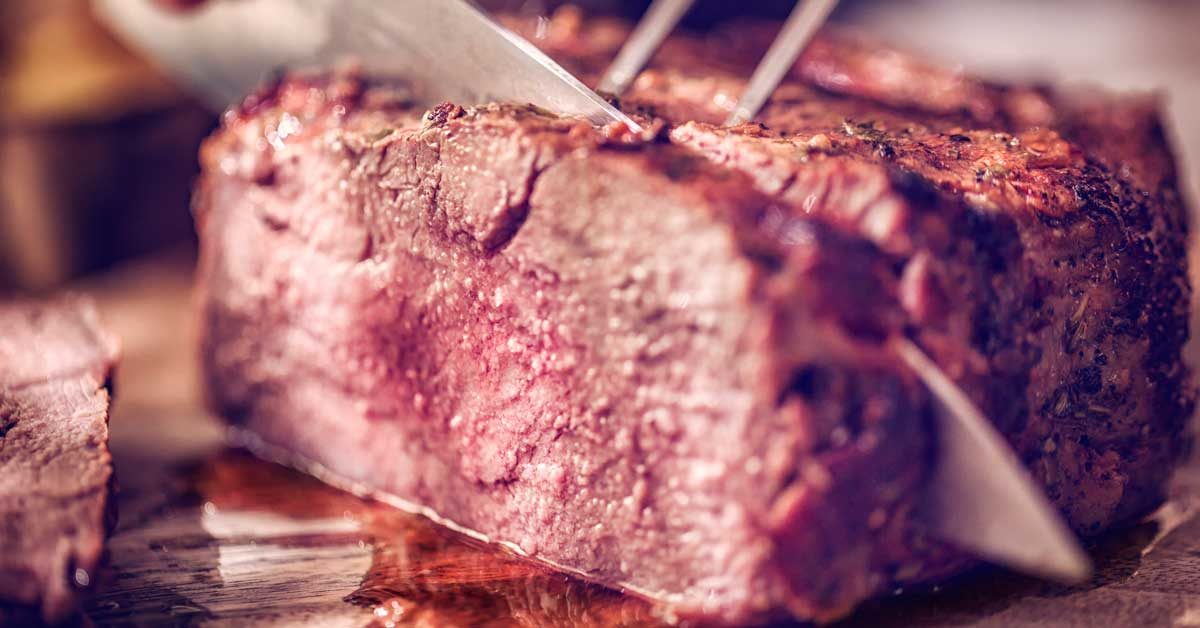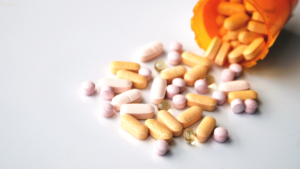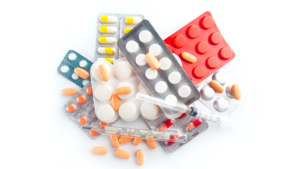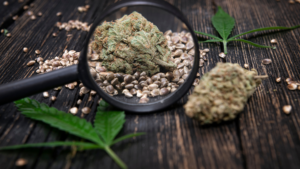
Most people are aware that too much of something isn’t always a good thing, but it’s a rare person that knows how much protein is a good thing. What most people think is “a lot” isn’t the case. The amount of protein you will need in your diet is something that is highly debated. Some people will say you need a lot, while others will say that you don’t. These are both wrong. The best way to find out is to get your protein intake from food sources. The main sources of protein are found in meat, fish, nuts, and dairy products. There are also supplements such as whey protein that can be added to your diet as well.
What Is Protein?
Protein, often referred to as the “building block of life,” is essential to the function of our bodies. It is a macronutrient – a substance required in larger quantities than carbohydrate or fat – found in animal-based foods, such as meat, fish, eggs, and dairy products.
Protein is the single most important macronutrient your body needs. It’s the building block of all cells, tissues, and organs and helps your body build, repair, and maintain new muscle mass and bones. It also helps prevent the breakdown of muscle tissue, keeps your skin, hair, and nails healthy, and helps your body metabolize fat.
At first glance, protein is a nutritious food that could keep you healthy. But there are misconceptions about protein that are harming your health. The ideal amount of protein for everyone is different, but what is considered a healthy amount is often 0.8 grams of protein for women and 1.2 grams for men. A healthy diet should include a mix of all the major food groups, including protein.
The Importance Of Protein
There are misconceptions about protein that people may not realize. For example, in the past, it was believed that higher-protein diets were better for people who are trying to lose weight. At the time, it was thought that the extra protein would cause people to lose more weight than a low-protein diet. However, studies have shown that those who eat too much protein actually gain weight rather than lose weight.
For a long time, the main way to get protein into your diet has been to eat meats. Of course, eating meat regularly isn’t always easy or ideal. In fact, there are many vegan and vegetarian sources of protein. Additionally, some people simply cannot tolerate the meats (pescetarians, vegans, etc.), while others simply don’t want to eat them.
How Does Protein Work?
The body is made up of more than just the brain and muscles. There are more than one hundred trillion cells that make up the body, and while each of these cells is equipped to do its own specific function, they all work together to form the whole. This is true of the body’s organs as well. Alongside the heart and lungs, the liver, and more specifically the hepatocytes aid metabolism and protein synthesis, and when combined with other organs, they make up every living thing. Though they are important, they are not as important as the brain.
Your body is made of mostly water, about 70% of which is in your muscles. Now, if you want to make your muscles get bigger, you need to put protein in. Protein is a substance that your body uses to keep your muscles alive and healthy. For example, when you take protein in your body, it is broken down into amino acids. These amino acids are then used to help repair your muscles.
Protein is a very important macronutrient. It is important for building muscle, repairing muscles, and supporting and growing new muscles. When you eat protein, your body breaks down the amino acid into amino acids, which can then be used by your body to build muscle. Our bodies are made up of proteins and other building blocks called amino acids, which are the building blocks of our muscles, hair, skin, and more. Unfortunately, the amount of protein we can absorb from our food is limited, so we have to take in enough protein from food sources to keep our muscle growth going and our weight in check. As we age, we can’t absorb as much protein from our food, so we need to increase protein intake to maintain muscle mass and minimize muscle loss.
If you are looking to lose weight, one of the most important things to do is to eat fewer calories. Fewer calories mean less fat and less weight, but is eating less protein and calories the best way to lose weight?



